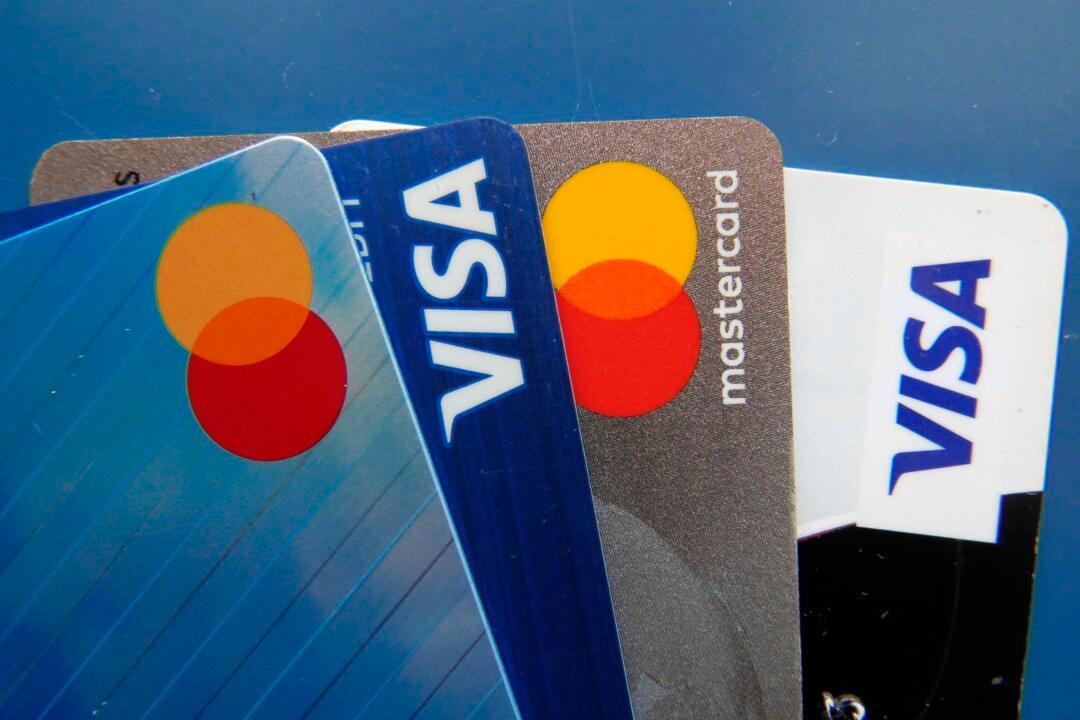U.S. consumers added a total of $67.1 billion in credit card debt during the second quarter of a financial year in 2022 amid soaring inflation, according to a new WalletHub study.
The quarterly credit card debt study is based on an analysis of the latest data on consumers’ finances from TransUnion as well as the Federal Reserve and Bureau of Labor Statistics.




